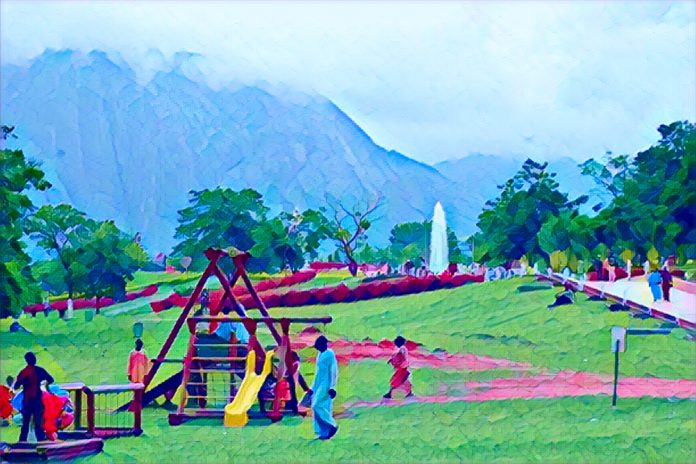KEY POINTS
- Poor urban planning and land disputes are eroding green spaces.
- Shrinking green spaces increase heat, pollution, and flood risks.
- Sustainable development and policy reform are essential to preservation.
Nigeria’s rapid urbanization is taking a toll on its green spaces. As cities expand to accommodate growing populations, parks, gardens, and natural reserves are being swallowed up by residential, commercial, and industrial developments.
This loss of green spaces is more than just an environmental concern, it’s a threat to the overall well-being of urban communities.
Urban growth and shrinking green spaces
One major issue is poor urban planning. Many Nigerian cities expand without proper zoning regulations, leaving green spaces vulnerable to encroachment.
Developers prioritize profit, often at the expense of public recreational areas and natural habitats. Without strong regulatory frameworks, green spaces are seen as “wastelands” ripe for development.
This short-sighted approach ignores the long-term benefits of green spaces, such as improving air quality, supporting biodiversity, and enhancing the mental well-being of residents.
The rise in land disputes also plays a role. As the value of urban land increases, green spaces become targets for illegal occupation and misuse.
In some cases, portions of parks and reserves are sold off for private development, reducing public access to these essential communal areas.
Tackling these challenges requires clear policy direction, community engagement, and stronger enforcement of environmental laws.
Environmental consequences of dwindling green spaces
The loss of Nigeria’s urban green spaces poses serious environmental risks. One significant consequence is the increase in urban heat islands (UHIs), areas where temperatures are significantly higher due to the loss of natural cooling effects from vegetation.
Without trees and plant cover, urban areas absorb and retain heat, making cities hotter and less habitable.
Another issue is the reduction of biodiversity. Urban green spaces serve as habitats for birds, insects, and other wildlife. The destruction of these areas disrupts ecosystems, leading to a loss of species and natural balance.
As natural buffers disappear, cities become more vulnerable to floods. Trees and vegetation play a crucial role in managing stormwater, reducing the risk of floods caused by heavy rains.
Air pollution is also a concern. Trees act as natural air purifiers, filtering pollutants from the atmosphere.
With fewer green spaces, cities experience poorer air quality, which can lead to health problems like respiratory issues. This underscores the importance of preserving existing green spaces and restoring degraded areas.
The path to sustainable urban green spaces
Addressing the challenges facing Nigeria’s urban green spaces requires collective action. Government agencies, private developers, and local communities must work together to protect and restore these essential areas.
One effective approach is the adoption of green infrastructure, using nature-based solutions like green roofs, vertical gardens, and urban forests to create sustainable urban environments.
Policy reform is crucial. City planners should prioritize zoning laws that mandate the preservation of green spaces during development.
Governments should also enforce stricter penalties for illegal land grabbing and misuse of public parks. Environmental impact assessments (EIAs) should be mandatory for all large-scale urban projects to ensure green spaces are not compromised.
Community participation is another powerful tool. Local communities must be empowered to protect and maintain green spaces in their neighborhoods.
Awareness campaigns and education can highlight the benefits of green spaces, encouraging residents to advocate for their protection. Public-private partnerships can also play a role in funding and managing green projects.
By embracing sustainable practices, Nigeria can ensure its urban green spaces thrive amid rapid development. Protecting these spaces is not just an environmental necessity, it’s a crucial step toward creating healthier, more livable cities for future generations.



